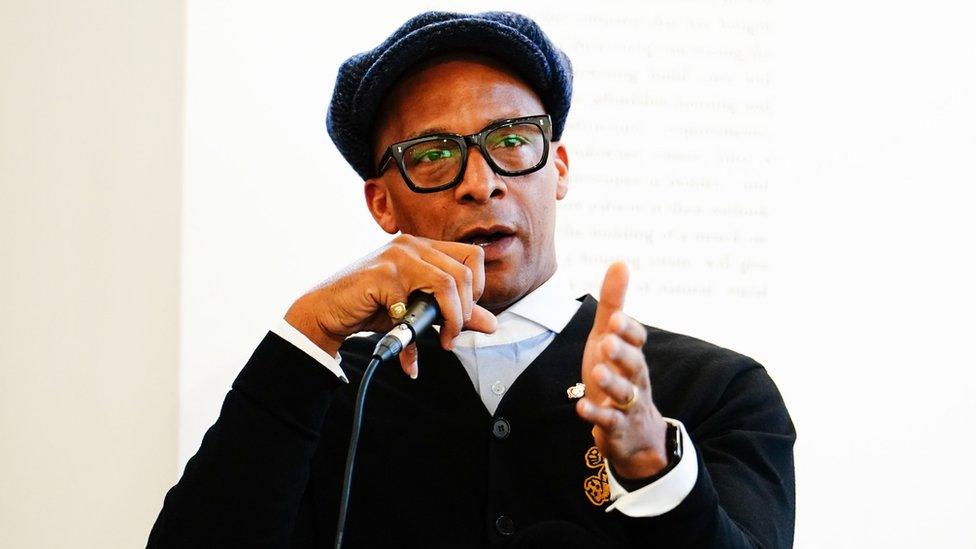The woman who wants to teach the North East to read
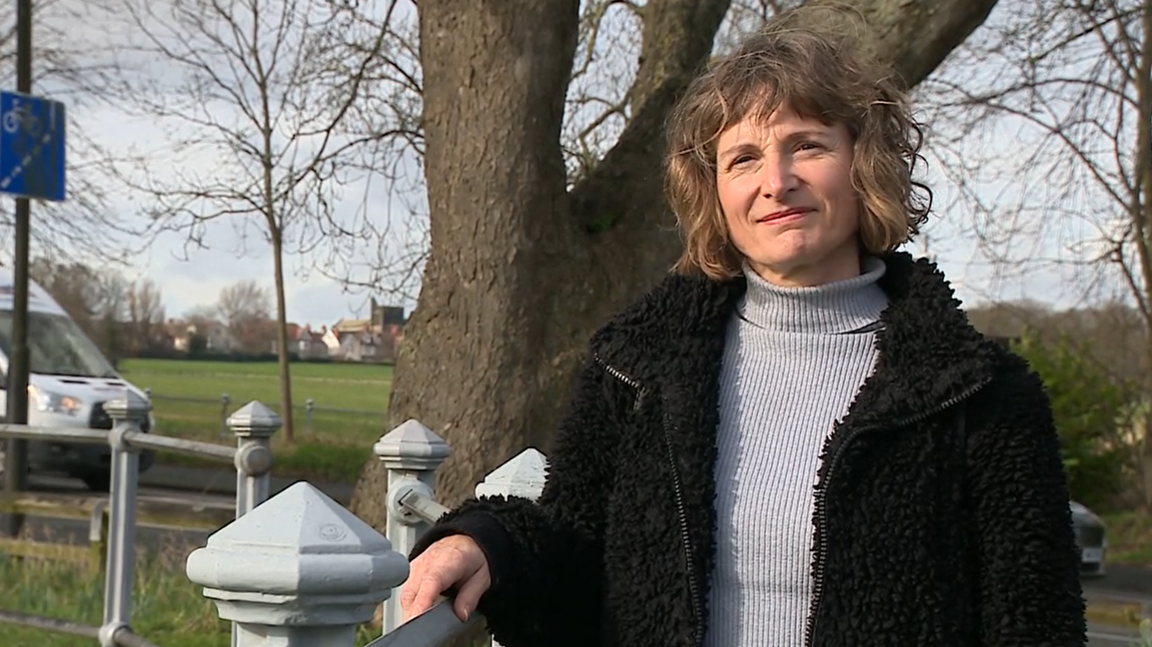
Kerry Clegg was a school teacher in North Tyneside for 20 years
- Published
A former school teacher has said adult literacy levels in the north-east of England are so low, people are unable to read their own medical notes.
The region has some of the lowest literacy levels in the country, with 17% of people aged 16 to 65 thought to be at or below the reading level of a nine to 11 year old, the National Literacy Trust said.
Kerry Clegg was inspired to teach adults to read after seeing a documentary where The Repair Shop presenter Jay Blades learned to read aged 51.
The Department for Education (DfE) said we have a "world-class education system" where primary children are the "best in the west" at reading.
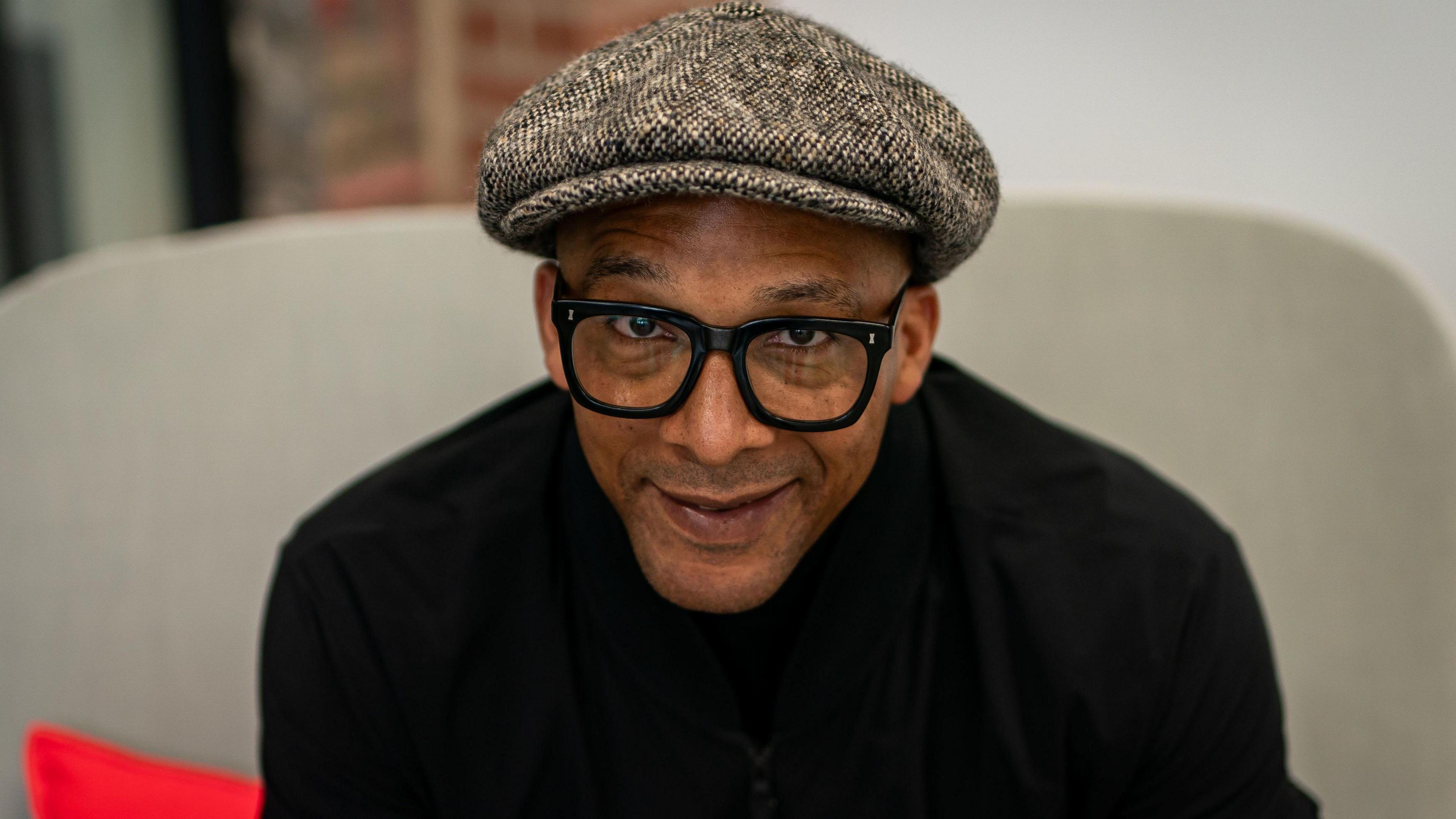
The Repair Shop presenter, Jay Blades, said he kept the fact he could not read a secret
Mrs Clegg, 54, who was a teacher in North Tyneside for 20 years, said she was inspired to teach adults after watching the BBC documentary.
The presenter left school with no qualifications and could not read his children bedtime stories.
In the programme, Mr Blades worked with the charity Read Easy to help him learn to read, external.
He admitted he kept his inability to read a secret, like many others who struggle with written words.
The National Literacy Trust said 16.4% of adults in England, or 7.1m people, can be described as having "very poor literacy skills", external.
In the North East that number is higher, at 17%, the charity said.
'It can be devastating'
Literacy levels are so low, people are unable to read their own medical notes which is a "huge" problem, Mrs Clegg said.
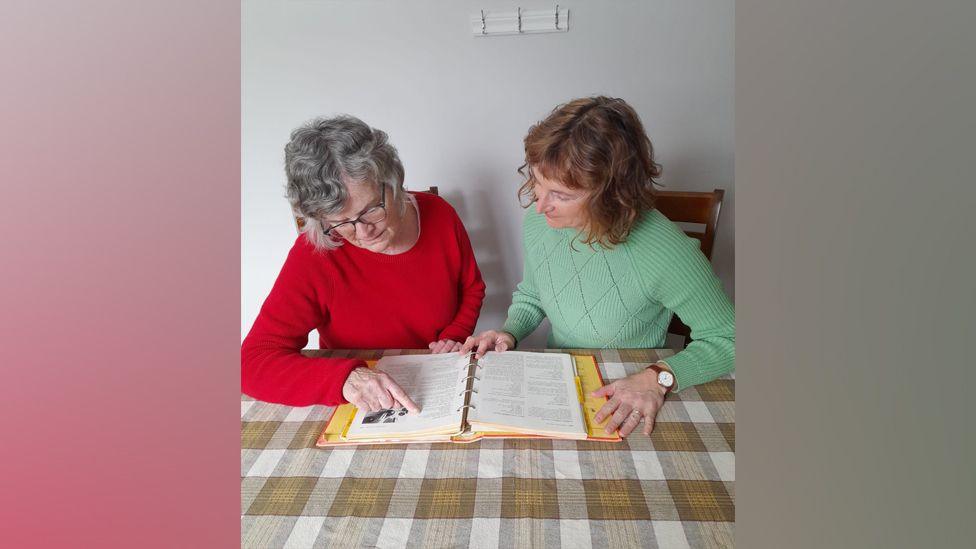
Mrs Clegg brought Read Easy to the north-east of England, which helps adults learn to read
“A midwife came to us, who had a client who was about to lose her children, because she had not been able to understand the programme that she was supposed to follow to be able to keep her children.
"It can be life-changing in a devastating way for people getting diagnosis in the post, or instructions to go to the GP or maybe instructions on medication.”
Not being able to read impacts the lives of people in other ways.
Mrs Clegg said she knew of one man who “only ever ordered fish and chips because they were words that he could read”.
Read Easy is encouraging adults who struggle to come forward, and is calling for volunteers to help teach them to read, external.
'They try and point'
The National Literacy Trust said the problem was "urgent" across all age groups.
They have seen a trend of children not only not being able to read, but not communicating at all because they have not learned the words they need to.
Tracy Jackson, head of early years, said: "We're seeing that the number of children coming to school without those literacy skills is increasing."
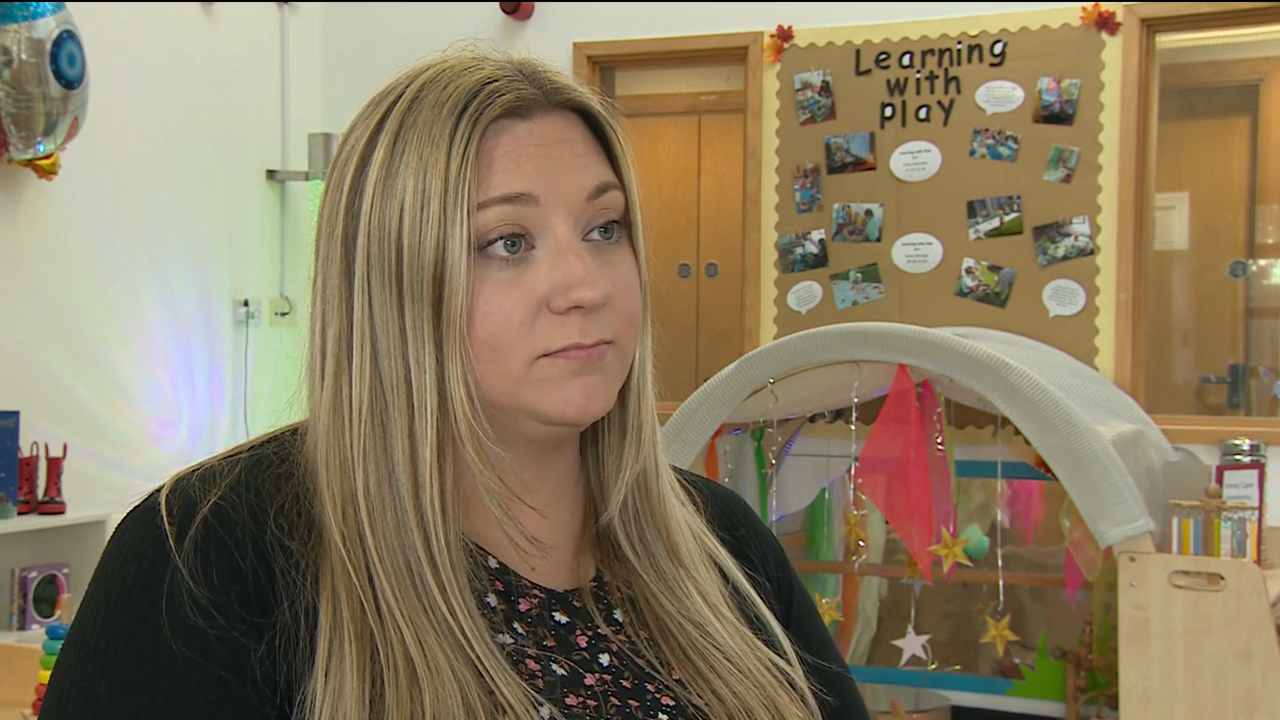
Gemma Buxton, an early years teacher at the South Tyneside family hub, said the situation was "worrying"
South Tyneside early years teacher Gemma Buxton said she sees a number of children are not communicating with speech and have to lead adults to where they want to go and "try and point".
"It's worrying," she said, adding: "They might not be able to ask for help when needed.
"They have no means of expressing themselves."
Ms Buxton is encouraging parents to have conversations with their children, talking about what is around them and "asking questions".
A DfE spokesperson said: “We have a world-class education system where primary children are the ‘best in the west’ at reading, according to the recent PIRLS international rankings.
"The introduction of the Phonics Screening Check has seen the percentage of children meeting the expected reading standards rise by a third since 2012 to 80% across the country."
Follow BBC North East on X (formerly Twitter), external, Facebook, external and Instagram, external. Send your story ideas to northeastandcumbria@bbc.co.uk
Related topics
- Published10 April 2023
